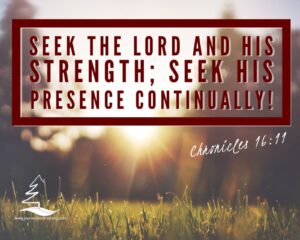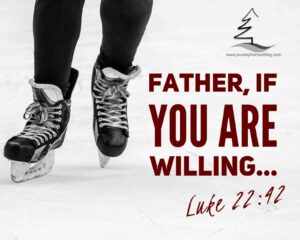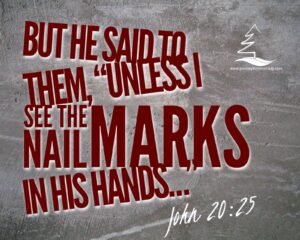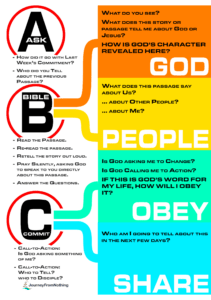God is good! He is bringing some interesting people across my path with some beautiful scriptures.
We all know the story of Ruth, and how she was picking up grain in the fields of Boaz. I always found this story strange because my context of a farm is a field that is fenced and a farmer that will chase any and everybody from it… but Boaz was following the law in Deuteronomy:
“Whenever you are reaping the harvest of your field and you leave some grain in the field, don’t go back and get it. Let it go to the immigrants, the orphans, and the widows so that the Lord your God blesses you in all that you do. Similarly, when you beat the olives off your olive trees, don’t go back over them twice. Let the leftovers go to the immigrants, the orphans, and the widows. Again, when you pick the grapes of your vineyard, don’t pick them over twice. Let the leftovers go to the immigrants, the orphans, and the widows. Remember how you were a slave in Egypt. That’s why I am commanding you to do this thing. ” – Deuteronomy 24:19-22
Which is cool, good job. Leave what you missed for those less fortunate than yourselves.
But that law comes from Leviticus and actually looks a bit different. Apart from leaving what you missed, God also commanded not to cut the corners or edge of your field, leaving them in the entirety for the poor, the widows and orphans and the foreigners.
So managing your resources looked like this:
You had a field.
From that field, the middle/best 10% is your tithe and is paid to God, FIRST.
(Not last, not from whats left over and not when you remember)
Then you could harvest, and harvest light.
This is a constant sharing of your wealth, call it small acts of generosity. (It’s being accidentally generous, giving without thinking, as a way of life)
And then there was the edges of your field, which was left untouched,
This was a resource for others to live from, from your blessing with which God blessed you.
Mind…Blown!
You planted it, you watered it, you tended it, you weeded it, you made sure it grows and bears fruit. But you did not harvest it. You left it… you simply walked away from it.
And I believe that God did it in this way because He said, a worker should be paid for his labor. And in the act of generosity, a person could have dignity to stand up and harvest, as if they had a field. Restoring the person’s self worth and purpose while ensuring their survival.
“When you harvest your land’s produce, you must not harvest all the way to the edge of your field; and don’t gather up every remaining bit of your harvest. Also do not pick your vineyard clean or gather up all the grapes that have fallen there. Leave these items for the poor and the immigrant; I am the Lord your God. ” – Leviticus 19:9-10
Now the next question is:
What does the edge of _my_ field look like?
I read there in Leviticus, not that i should consider leaving the edge, but that the edge does not belong to me… so in this day and age for a guy living in the city, making money from a computer and the internet, what is my “edge”?
Suzi Silk tries to put it in perspective:
We make money from time, so the edges of our time might be where we need to put in a buffer. If we rush from appointment to appointment, will we stop and talk to the girl that is crying on a bench? Or will we rush by to make it to the next meeting? Does a chunk of our time not belong to that girl?
Or maybe it is something we own and take care of so that others can use it when they need it?
When I thought about it… My archery club now has a gentleman selling coffee from the lawns over weekends. The shop also sells coffee, but not only do they allow him to be there, they supply him with power. Just as they supply the flower seller next to the street with water, and the car washers.
I need to figure out what is the edges of my field.
Maybe I should just ask God? Who needs my expertise today? Who needs 15 minutes of my undivided attention. Who needs a lift or the handful of coins from the ashtray in my car?








